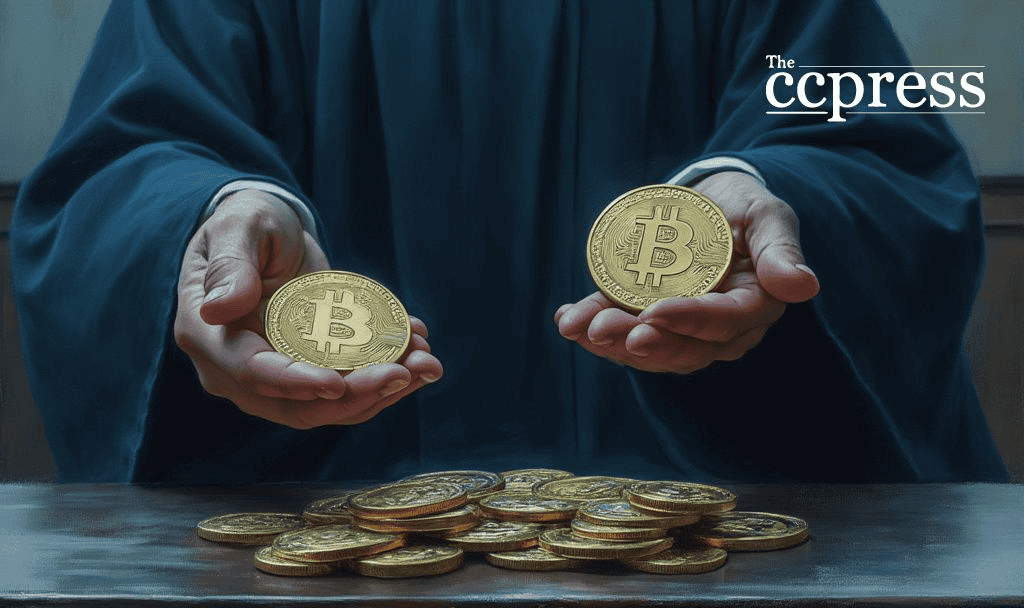- The ruling involves Brazil’s Superior Court of Justice and allows debt recovery using crypto.
- This decision marks a major shift for institutional creditors.
- The legal framework reflects changing attitudes toward digital currencies.

Brazil’s decision to implement this ruling by its Superior Court of Justice could alter creditor strategies and debtor defenses significantly. The potential immediate reactions are likely to reshape creditor approaches and debtor strategies within Brazil’s evolving legal context.
Impact of the Ruling
Brazil’s Superior Court of Justice, led by Judge Ricardo Villas Bôas Cueva, has established that crypto assets can serve as a means of payment and are seizable in debt settlements. Court involvement mirrors global shifts towards recognizing digital currencies’ financial roles.
This ruling particularly impacts creditors, allowing them to pursue broader collections, including crypto assets. Institutional creditors may expect advantages in asset recovery. The decision aligns with preceding São Paulo cases and legal developments in cryptocurrencies as financial instruments.
Market reactions appear limited, with no significant crypto price changes post-ruling. However, this decision may influence market sentiment among Brazilian investors. Users relying on centralized platforms must consider custodial risks associated with court-enforced asset freezes.
The historical trajectory of similar decisions suggests temporary market volatility may occur, with assets like Bitcoin and Ethereum stabilizing over time. This ruling could drive future regulatory frameworks and discussions about privacy versus enforceability in digital asset management.
Financial implications include potential shifts in investor confidence and changes in asset custodianship strategies. Regulatory outcomes may shape market conditions and prompt further legal integration of crypto into mainstream financial systems. Technological solutions to enhance custodial privacy might gain attention following this legal precedent.
“Although cryptocurrencies are not legal tender, they can serve as a means of payment and a store of value,” emphasized Judge Ricardo Villas Bôas Cueva source.
